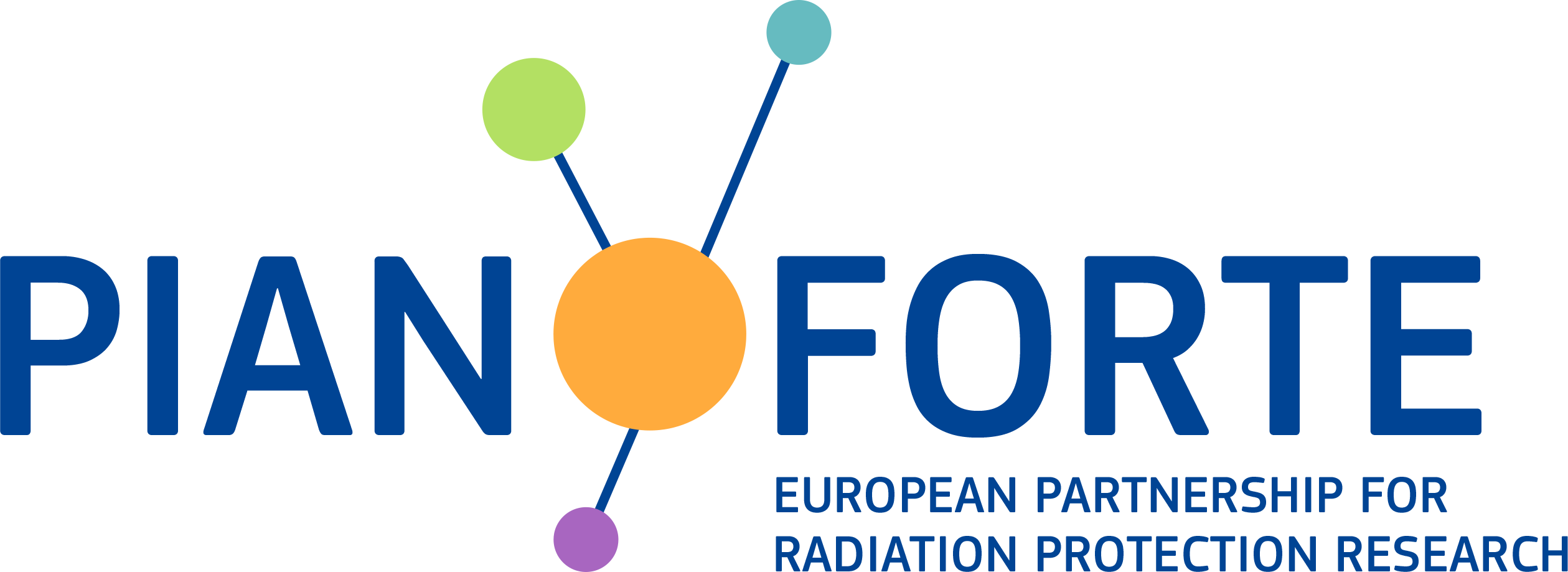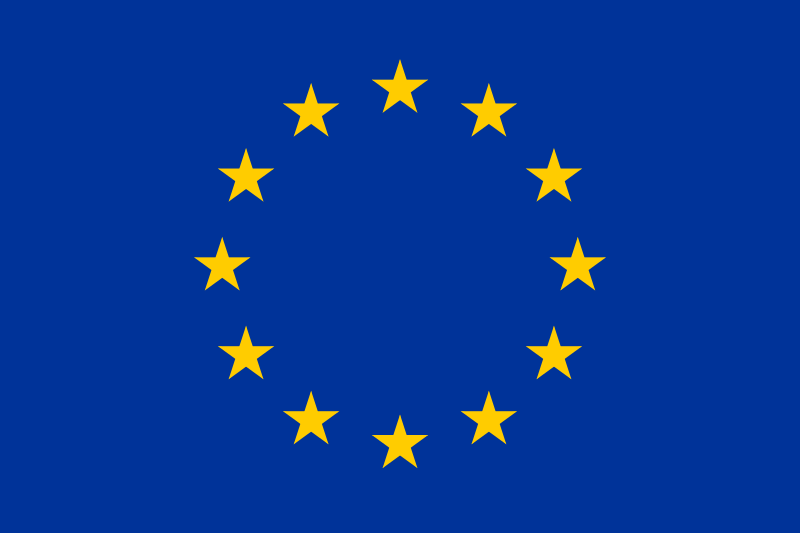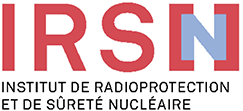News
2nd Call for projects is closed

24.7.2024
2nd Call for research projects is now closed.
Pianoforte training course “MESH phantom development and implementation for radiation physics calculations”

17.7.2024
Pianoforte training course on “MESH phantom development and implementation for radiation physics calculations” is opened for registrations.
First deliverable of DISCOVER project

24.7.2024
Data Management Plan of DISCOVER research project is delivered.
First deliverable of IMAGEOMICS project

11.7.2024
Data Management Plan of IMAGEOMICS project is delivered.
SINFONIA training course "Personalized dosimetry and radiation risk estimation"

1.7.2024
SINFONIA training course on Personalized dosimetry and radiation risk estimation will be held on 19-21 August 2024 in Ghent/Belgium.
PIANOFORTE sessions at 10th RICOMET international conference

14.6.2024
At the RICOMET conference held on 10th and 11th of June 2024 in Ljubljana, Slovenia, two sessions were devoted to PIANOFORTE.





 24.7.2024
24.7.2024




